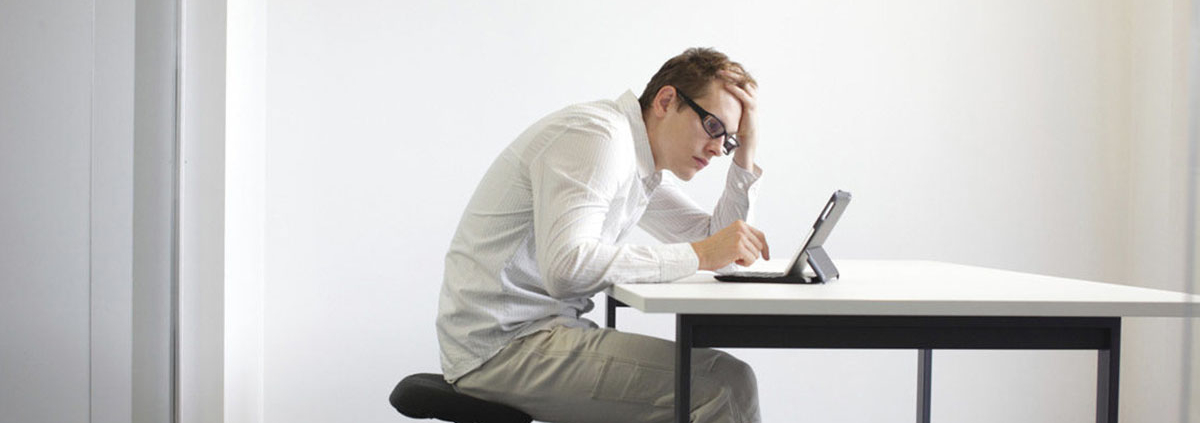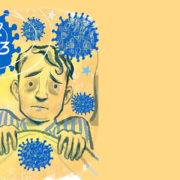Sitting more linked to increased feelings of depression, anxiety
As people adhered to stay-at-home orders or self-isolated during the early months of the COVID-19 outbreak, daily commutes turned into shuffles between the bedroom and the living room. Clicking Zoom links erased time spent walking to meeting rooms, and Netflix spilled into time otherwise dedicated to the gym.
In short, a lot of people suddenly became more sedentary during the onset of the pandemic. Recently published research found people who continued to spend a higher amount of time sitting between April and June 2020 were likely to have higher symptoms of depression. A closer investigation into this association could play a role in helping people improve their mental health.
To get a snapshot of those changes, Meyer and a team of researchers received survey responses from more than 3,000 study participants from all 50 states and the District of Colombia. Participants self-reported how much time they spent doing activities, like sitting, looking at screens and exercising, and how those behaviors compared to pre-pandemic times. Using standard clinical scales, they also indicated changes to their mental wellbeing (e.g., depression, anxiety, feeling stressed, lonely).
This paper in Frontiers in Psychiatry served as a follow up to see whether the participants’ behaviors and mental health changed over time. Participants filled out the same survey each week between April and June.
This study recommended people take breaks when sitting for long periods of time.
Release date: 08 November 2021
Source: Iowa State University









